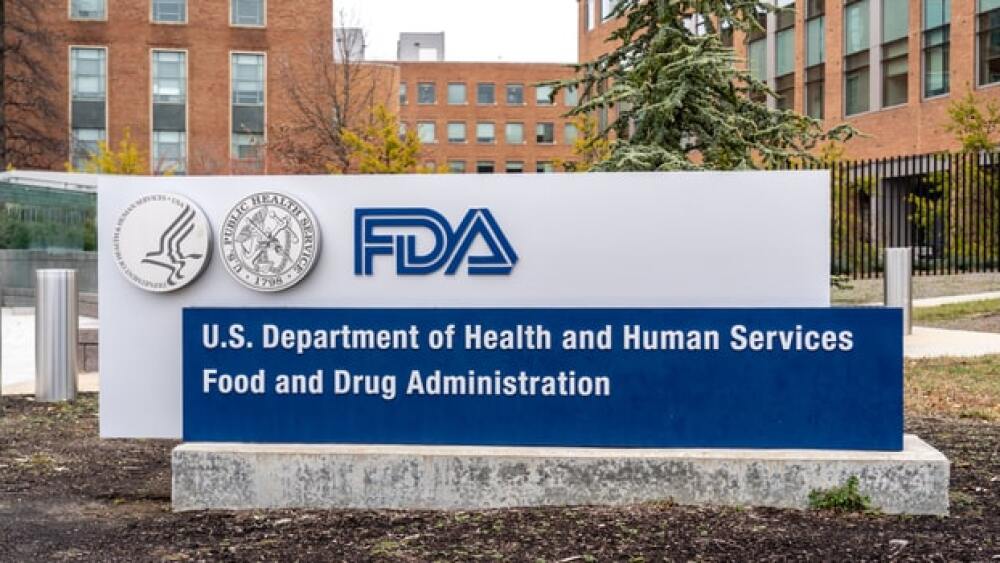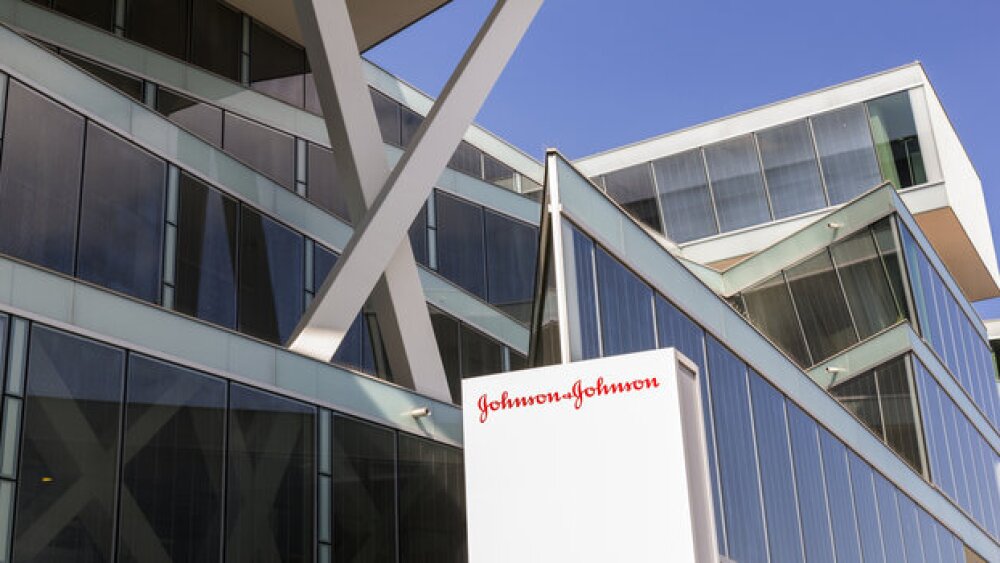The biotech company is looking to forge a path to profitability by scaling up the commercial uptake of Zynteglo and winning the FDA’s approval for its lovo-cel gene therapy for sickle cell disease.
Pictured: Analyst pointing to a financial trend chart/iStock
Despite its financial challenges, including currently inaccessible restricted cash, Massachusetts-based bluebird bio expects that it can keep the company’s business running through the end of next year, the gene therapy company revealed Tuesday during its second-quarter earnings report.
Central to its business strategy in the coming months is the commercial scale-up of Zynteglo (betibeglogene autotemcel), approved for the treatment of beta-thalassemia, and an upcoming potential FDA approval for its sickle cell disease (SCD) gene therapy lovotibeglogene autotemcel (lovo-cel).
Without its restricted cash, which has a value of approximately $45 million, the company’s runway will keep it afloat only through the second quarter of 2024, bluebird CEO Andrew Obenshain said during an investor call Tuesday.
Including these restricted funds, bluebird’s cash position was sitting at $291 million as of June 30, 2023, and the company expects its full-year cash burn to range from $270 million to $300 million.
“We are on a path to profitability in the near term and anticipate additional growth and scale within the next five years,” Obenshain said, adding that even with a conservative estimate bluebird is eyeing a “combined multibillion-dollar revenue opportunity in the U.S.” for Zynteglo and lovo-cel, if it does get approved by the FDA.
In the second quarter, bluebird made $6.9 million, more than quadruple its $1.5 million revenue during the same time period the year prior. The company attributed this financial growth to sales from both Zynteglo and its cerebral adrenoleukodystrophy gene therapy Skysona (elivaldogene autotemcel), which together have been initiated in 16 patients.
Zynteglo, the first FDA-approved ex-vivo lentiviral gene therapy, was authorized for use in August 2022. Uptake has been somewhat slow since, however, with only 11 patients initiating treatment. Meanwhile, Skysona which was approved a few weeks after Zynteglo, in September 2022, has been started in five patients.
Currently, bluebird has 15 active qualified treatment centers that can dispense Zynteglo and Skysona, but the company is working to expand this number to 50 by next year.
If all 16 initiated patients push through with infusions, bluebird is looking at around $45 million in revenues over time, Obenshain said during Tuesday’s call. Combined with the business boost it could get if lovo-cel wins the FDA’s approval, this cash inflow could be key to bluebird’s continued operations in the near future.
With a potential market of approximately 20,000 people, lovo-cel is being developed as one-time gene therapy for SCD patients aged 12 years with a history of vaso-occlusive events. The FDA accepted bluebird’s Biologics License Application for lovo-cel in June 2023 and gave it the Priority Review designation. The FDA’s decision is due on Dec. 20.
Tristan Manalac is an independent science writer based in Metro Manila, Philippines. He can be reached at tristan@tristanmanalac.com or tristan.manalac@biospace.com.
Update: The story has been corrected to clarify that lovo-cel’s market potential is approximately 20,000 patients. A previous version pegged this figure at 100,000.






